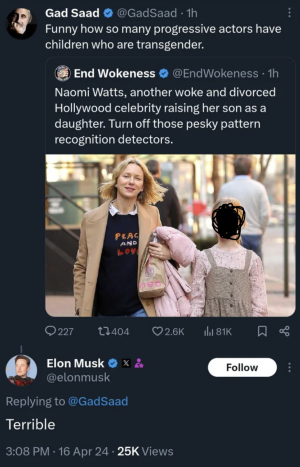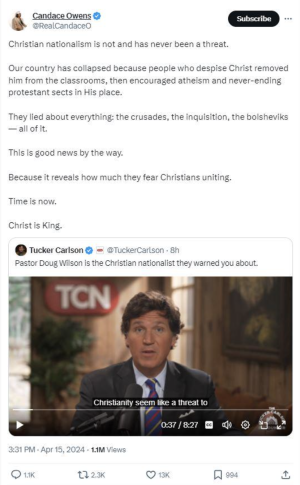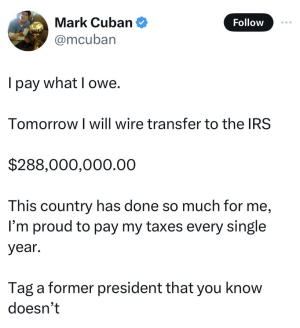RustyShackleford
Supporter
- 62,967
- 189,061
- Joined
- Jul 20, 2009
Seriously
It is next level disgusting that DWalk uses the unfair treatment of minorities by the criminal justice system to defend a racist like Roy Moore, and someone like Kavanaugh that will be dedicated to rolling back civil rights laws in the Supreme Court.
He nows doing this will piss off minorities in here. That is why he probably keeps doing it.
It is next level disgusting that DWalk uses the unfair treatment of minorities by the criminal justice system to defend a racist like Roy Moore, and someone like Kavanaugh that will be dedicated to rolling back civil rights laws in the Supreme Court.
He nows doing this will piss off minorities in here. That is why he probably keeps doing it.






































